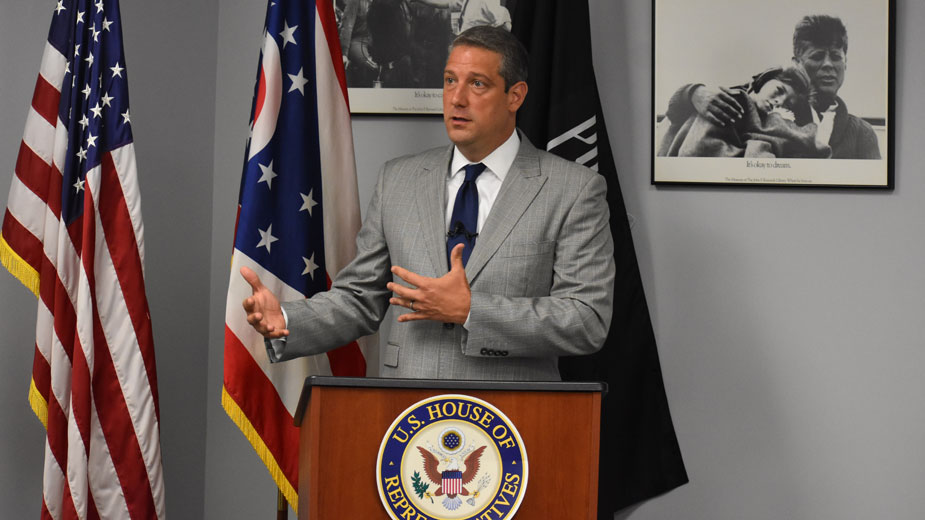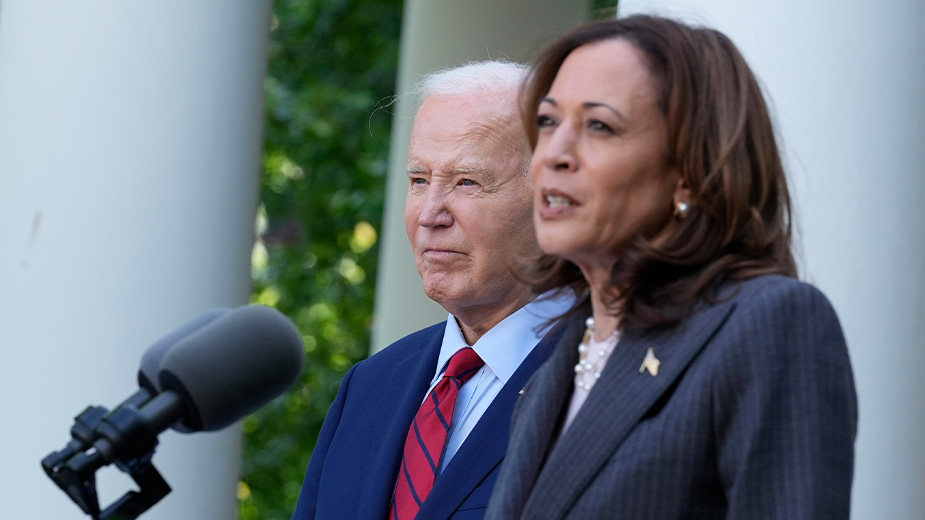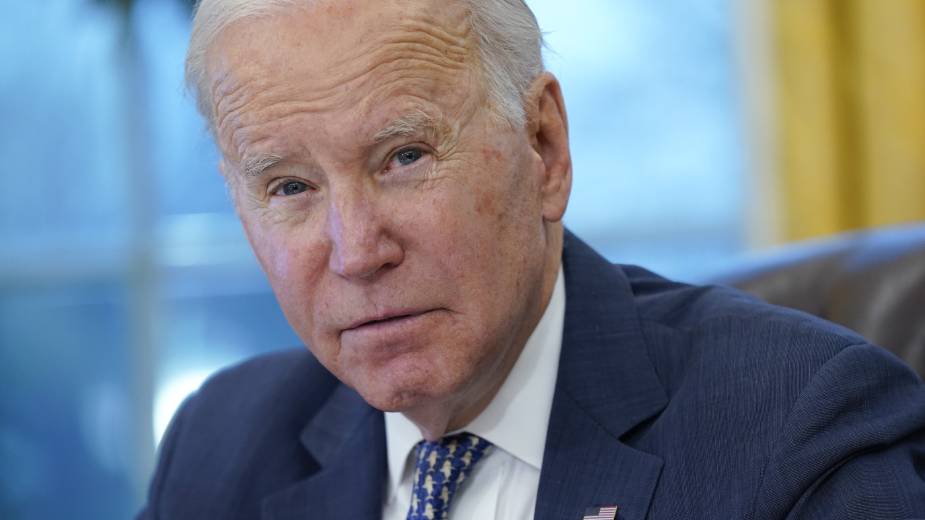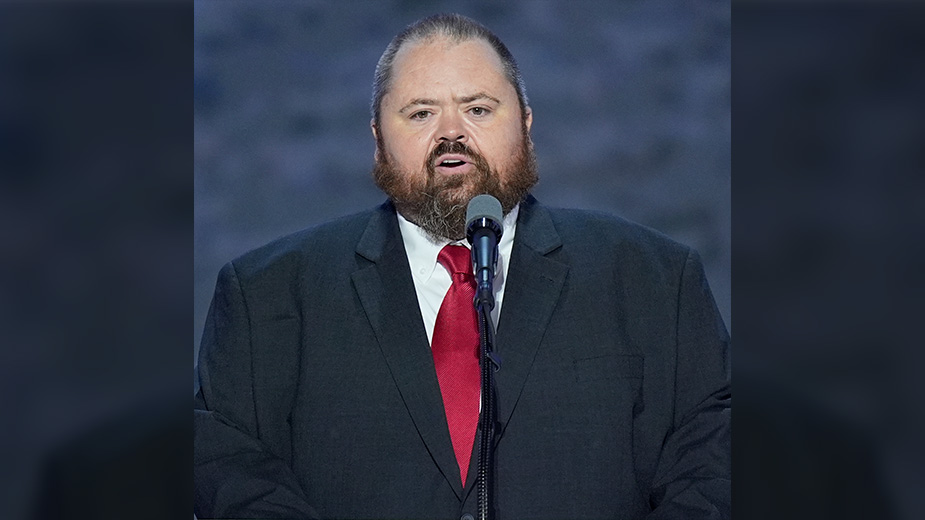Ryan: Presidential Decision Coming in ‘Few Weeks’
YOUNGSTOWN, Ohio – U.S. Rep. Tim Ryan said Wednesday night he expected to decide in the next few weeks whether he would seek the 2020 Democratic nomination for president.
Appearing on CNN’s “Erin Burnett OutFront” to discuss the college admissions scandal, Ryan, D-13 Ohio, said he was looking “very closely” at a 2020 bid.
“We’re getting there,” he told host Erin Burnett. “I think the next few weeks we’re going to make a decision one way or the other.”
Ryan, who has visited early primary states and is preparing to make several stops in the industrial Midwest next week, is still discussing a potential run with his family and will make a decision in the coming weeks, communications director Michael Zetts affirmed.
The spokesman said that U.S. Sen. Sherrod Brown’s decision that he would not run was not a factor in Ryan’s eventual decision. Brown’s announcement stunned many pundits, who thought the Ohio politician appeared to be leaning toward a run, and who saw him as a formidable competitor for the middle-class voters who Donald Trump won over in 2016.
“Senator Brown and Representative Ryan are friends, but his decision not to run did not impact Representative Ryan’s decision,” Zetts said.
On CNN, Ryan told host Erin Burnett that the issues Americans face daily “are very concerning to me” and the public discourse “isn’t anywhere close to the challenges” that the families in his district or across the country face.
“We are ill-prepared for the challenges on climate change, where China is, income inequality, health care, our food system,” he continued. “We’re not addressing any of those challenges. So I’m looking very closely at [running for president] because I’m not hearing a lot of new ideas, and it may be time for a generational shift for us.”
Ryan told Burnett that he sees the college admissions scandal – in which wealthy, well-connected parents are accused of cheating to get their children into top schools – as an example of “the divide between the haves and have-nots.”
In his northeastern Ohio district, which includes Youngstown State University, Kent State University and the University of Akron, working-class people work “really hard” to make sure they can help their kids go to college, he said. While he isn’t angry that “the system is in your favor” because of the advantages that wealth brings, he gets “a little bit upset when everyone else gets screwed in the process,” he continued.
He also defended his support for proposals such as free tuition for public colleges and universities. Burnett pointed to one estimate that tuition alone for public universities totals $70 billion per year, and asked where the money would come from to cover that expense.
“I’m not saying it has to happen tomorrow. We can do this,” the congressman said. “First and foremost, you streamline the system.”
The current system offering free public education for grades kindergarten through 12 was designed for an industrial economy. “No one’s going to get anywhere with a high-school diploma,” he said. He called for making post-secondary education more efficient, in part by shifting people who don’t want to be in college or don’t belong there into training programs in community colleges, through apprenticeships or by getting two-year degrees.
“If we make the system more cohesive from K though 14, for example, we’re going to save a lot of money we could then use for a lot of different things in our society,” he said. “To me, the benefits of having a well-educated population outweigh the costs.”
Copyright 2024 The Business Journal, Youngstown, Ohio.



